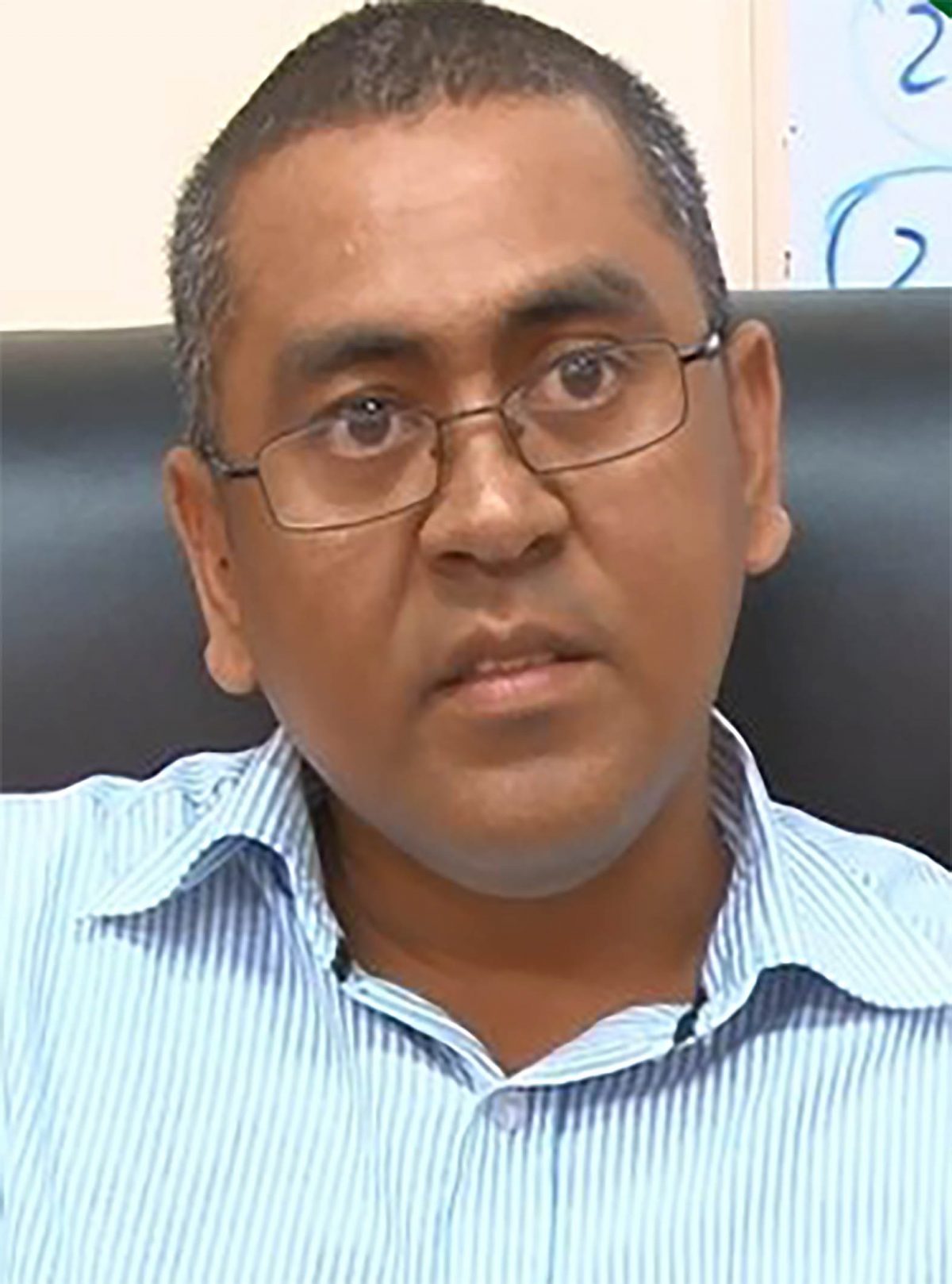The Public Accounts Committee on Monday upbraided the National Drainage and Irrigation Authority (NDIA) over its slothful approach in the submission of its 2022 financial statement to the Auditor General’s office and the poor management of regional offices that were created to decentralise services.
Opposition Member Ganesh Mahipaul, who opened up the line of questioning during the committee’s scrutiny of the 2019 Auditor General’s report on Ministry of Agriculture, asked what factors contributed to the delays in the report not being submitted on time.
NDIA Chief Executive Officer (Ag), Dave Hicks, in response told the committee that the main reason was the fact that they are stretched thin by operating in all the regions across the country. He noted that in preparation of the financial statement, they are required to conduct physical verification of the machinery and assets they have to include in the report. This is time consuming, he noted.
“We operate in 10 regions, and part of the financial assessments would include what we call asset verification, and this requires the officer to visit each and every piece of equipment throughout the country, regions One, Seven, and Nine. So, that process is more of a lengthy time, it depends on weather, and generally, that is what is causing the delay,” he explained in detail to the committee.
However, this only opened up his agency’s management practice to further examination, as Government Member Gail Teixeira questioned if the agency does not have an asset register as required by law, and whether it is functioning.
Hicks responded in the affirmative but noted that the regional offices, with the exception of Region Six, do not have the full complement of staff and most are only outfitted with an engineer or technical officer. He indicated that administrative staff is required to conduct the audit assessment.
He also said that since it is a challenge, they are looking at procuring the services of an accounting firm to aid in the swift completion of the audit.
However, the PAC requested that a copy of the audit register be shared with them for their perusal and determination of how effective it is in the agency’s management.
It was pointed out by the members that it was necessary for information to be transmitted between the central and regional offices. It was noted that the agency is lagging behind and must put itself in a better position to effectively manage its operations.
Mahipaul, who also peppered the agency with questions, reminded that the services of the NDIA have been decentralised for years. As such, he expected that the agency was in a position to have a robust management structure.
He noted that as an agency receiving large budgetary allocations, it needs to get its act together with its accounting practices. This year the agency received approximately $12 billion from central government to support its operation.
“Billions of dollars are budgeted and allocated to NDIA yearly, as you rightfully said, in 2022 Budget, it was $12 billion. We are looking at 2019, $5.6 billion; every year it keeps growing but we need to ensure that we have accountability and transparency in a timely manner for these monies, and I am finding it difficult to accept that it is a work in progress, knowing that these offices have been existing for years. So, I believe it needs to stop being a work in progress and really and truly zone in, into putting these measures in place to ensure that there is accountability and transparency,” the opposition member underscored.
The NDIA was subsequently put on notice by PAC to improve its accounting and management practices.






